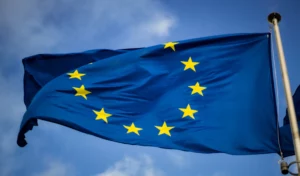
European Union: What Model in a Globalized World ?
The European Union is a leading global economy with a GDP of $16.4 trillion and strong trade and investment. It values human rights, democracy, EU’s economic and political impact.
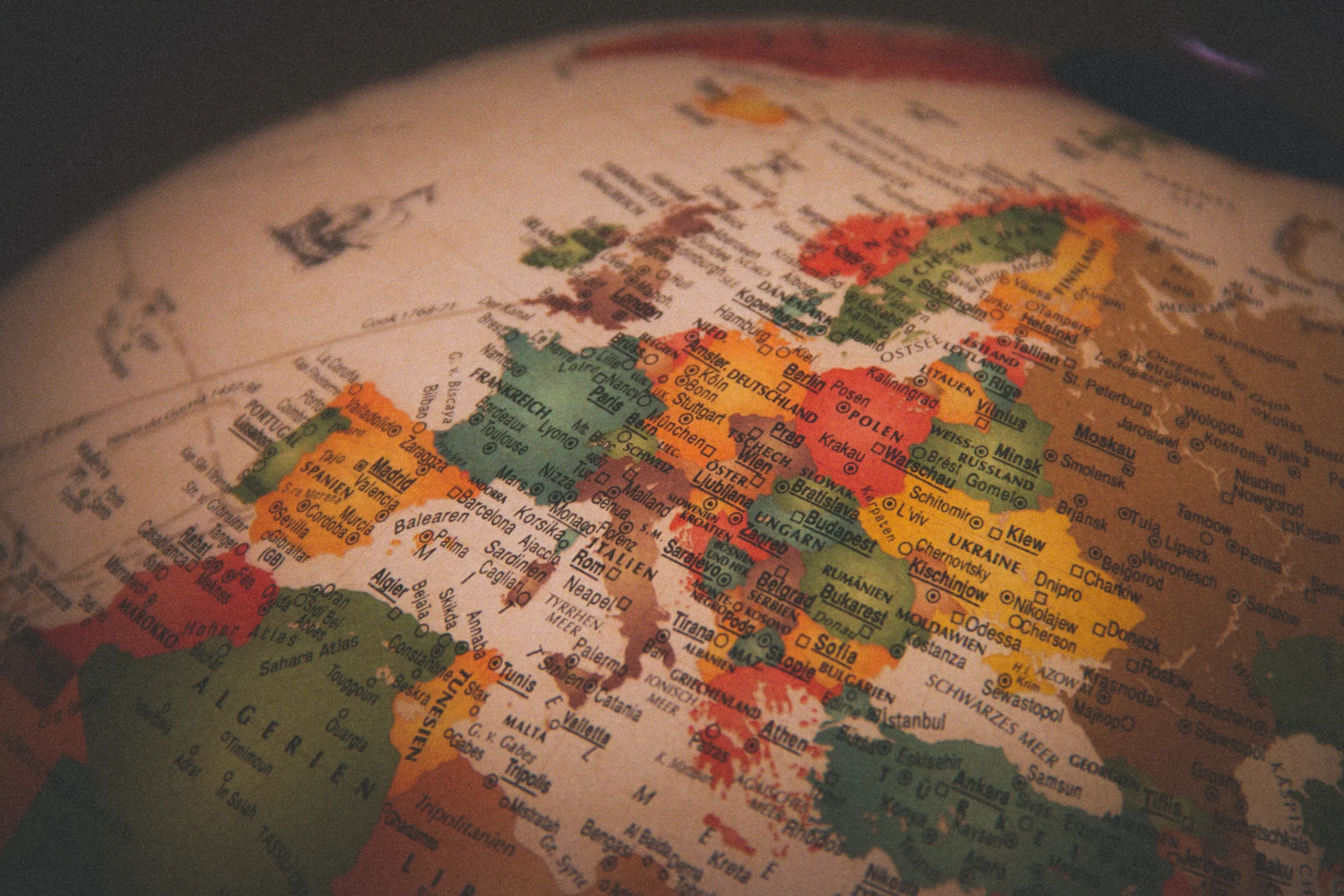
The landscape of global power is perpetually in flux, and nowhere is this more evident than in the complex interplay of economic globalization and the strategic positioning of European nations. As we delve into the power dynamics of European nations in 2024, it’s imperative to understand the multifaceted challenges and strategies that define their place in the global arena.
The power of European nations on the global stage is a multifaceted phenomenon, shaped by economic, geopolitical, and historical forces. In today’s world, these nations grapple with the dual challenges of maintaining their influence while adapting to the rapid changes wrought by economic globalization. This complex scenario requires a nuanced understanding of both the internal dynamics of the European Union (EU) and the external pressures exerted by global power shifts.
The journey of European nations through the turbulent waters of economic globalization has been marked by both opportunities and challenges. On one hand, globalization has offered access to broader markets, enhanced innovation, and cross-border collaboration. On the other, it has posed significant hurdles such as increased competition from emerging economies, the dilution of traditional industries, and the pressing need to adapt to a rapidly changing economic landscape.
The impact of globalization on European economies and sovereignty.
Strategies employed by the EU to foster innovation and address income inequality.
International Monetary Fund on Globalization’s Impact in Europe
The concept of “Strategic Autonomy” has emerged as a cornerstone of the European Union’s approach to navigating the complex web of global economic relations. This strategic pivot aims to enhance Europe’s competitiveness on the global stage while safeguarding its economic interests and political sovereignty. By fostering a more competitive form of globalism, the EU seeks to balance the benefits of economic integration with the need to protect its strategic sectors and maintain control over key policy areas.
Efforts by the EU to balance economic integration with sovereignty.
The role of the European Union in setting global standards through regulatory power.
The recent years have seen European nations facing an acute energy crisis, primarily fueled by geopolitical tensions and a significant reduction in Russian gas supplies. This crisis has propelled the EU towards a rapid reevaluation of its energy policies, with a pronounced shift towards renewable energy sources. However, the transition is fraught with challenges:
Ensuring energy security: The EU must balance its immediate energy needs with long-term sustainability goals.
Economic considerations: The shift impacts economic performance, requiring investments in new technologies and infrastructure.
The European Union’s foreign affairs strategy is pivotal in navigating its complex relationships with global powers. Amidst the backdrop of the Russia-Ukraine conflict and evolving U.S.-China relations, the EU is keen on maintaining its strategic autonomy while fostering robust partnerships. A key aspect of this strategy involves:
Decoupling from Russian energy: A move critical for Europe’s energy security and political sovereignty.
Negotiating trade tariffs with the United States: Essential for preserving transatlantic unity.
The European Union, a unique political entity, constantly balances the sovereignty of its member states with the collective decision-making processes at the supranational level. This balance is crucial in managing the effects of globalization, where national autonomy is often at odds with global economic forces. Europeanization offers a pathway to regain some control, as illustrated by:
The Brussels Effect: The EU’s regulatory standards influencing global norms.
Shared Sovereignty: Enhanced democratic control over global economic forces.
Strengthening the Digital Single Market
Implementing the European Green Deal
Enhancing the Capital Markets Union
Deepening the Economic and Monetary Union
Despite its strategic maneuvers, the EU’s approach to globalization has not been without criticism. Key points of contention include:
Competitive Globalism: Critics argue that the EU’s strategy may be too inward-looking, potentially limiting its global influence.
Inward-Looking Stance: The shift towards protecting internal markets and skepticism towards globalization.
| Criticism | Strategic Benefit |
| Competitive Globalism | Enhances EU’s economic competitiveness |
| Inward-Looking Stance | Protects internal markets and maintains sovereignty |
| Lack of Clear Long-Term Vision | Allows flexible response to global challenges |
| Challenges to Sovereignty | Strengthens the EU’s collective decision-making |
The energy landscape in Europe is facing unprecedented challenges, primarily due to its heavy reliance on imported natural gas and the geopolitical tensions that have arisen from this dependency. The European energy crisis, exacerbated by reduced Russian gas supplies, has thrust energy security to the forefront of the EU’s agenda.
Diversification of energy sources
Acceleration of renewable energy adoption
Enhancement of energy efficiency measures
The EU’s efforts to transition towards clean energy sources while ensuring energy security present a complex puzzle. Balancing environmental goals with economic and energy security needs is paramount in this endeavor.
The European Union’s stance in global geopolitics is significantly influenced by its relationships with major powers, notably the United States and China. The ongoing negotiations on steel and aluminum tariffs with the United States, for instance, are crucial for maintaining transatlantic unity. Additionally, the EU’s approach towards decoupling its economies from Russian energy and Chinese influence is indicative of its broader foreign policy strategy.
Navigating the complexities of U.S.-EU relations
Addressing the geopolitical implications of the Russia-Ukraine conflict
Managing the EU’s stance towards China’s global ascent
The European Union’s unique structure, blending national sovereignty with supranational governance, plays a crucial role in its approach to globalization. This balance allows the EU to act cohesively on the global stage while respecting the autonomy of its member states.
This visualization illustrates the balance of control between national sovereignty and supranational authority in the European Union, across three key areas: Economic Integration, Policy Making, and Global Representation.
| Aspect | National Sovereignty | Supranational Authority |
| Policy Making | Member states retain significant control over national policies. | EU institutions set regulations and standards applicable across all member states. |
| Economic Integration | Nations maintain control over certain economic sectors. | The single market facilitates free movement of goods, services, and capital. |
| Global Representation | Individual countries represent their interests in global forums. | The EU acts as a single entity in international negotiations and agreements. |
The EU’s regulatory power, often referred to as the “Brussels effect“, has enabled it to influence global standards, thereby extending its reach beyond its borders.
Despite its efforts to adapt and thrive in a globalized world, the EU’s approach has faced criticism. Concerns have been raised about the EU’s competitive globalism, perceived as an inward-looking stance that prioritizes European interests at the expense of broader global cooperation.
Competitive rather than cooperative globalism
An inward-looking economic policy stance
A lack of a coherent long-term vision for globalization
The rise of nationalism has been a pivotal force in the evolution of European power structures. Throughout the 19th and 20th centuries, nationalism fueled the aspirations for unification and independence across the continent, significantly impacting the geopolitical landscape.
Formation of unified nation-states (e.g., Germany and Italy)
Increased militarization and territorial disputes
Shaping of alliances and conflicts, culminating in world wars
The legacy of nationalism continues to influence European politics and international relations, contributing to current tensions and alliances within the EU and beyond.
The concept of the balance of power has been central to European diplomacy and international relations. Historically, it served as a mechanism to prevent any single nation from dominating the continent, fostering a system of alliances and counter-alliances.
Diplomatic negotiations and treaties
Military alliances and strategic partnerships
Economic agreements and sanctions
This approach has evolved, but its principles remain relevant in addressing contemporary challenges such as regional conflicts, economic disparities, and the rise of new global powers.
In conclusion, the power dynamics of European nations in the globalized world of 2024 are shaped by a complex interplay of economic challenges, geopolitical risks, and historical legacies. As European nations navigate the intricacies of economic globalization, energy security, and strategic autonomy, they face both opportunities and obstacles in maintaining their influence on the global stage.
The European Union, with its unique blend of national sovereignty and supranational governance, plays a pivotal role in this context. Balancing internal dynamics with external relations, the EU strives to uphold its values and interests in a rapidly changing world. However, criticisms of its approach to globalization highlight the need for adaptability and vision in crafting a future that benefits both Europe and the global community at large.
As European nations continue to adapt to the realities of the 21st century, their power and influence will undoubtedly evolve. The key to their success lies in their ability to balance historical lessons with innovative strategies, fostering cooperation and unity in the face of global challenges.
Europe and China: A Fearsome Partnership
The European Union and Global Governance
Resilient European Economy
This analysis underscores the resilience and complexity of European nations’ power in an era marked by unprecedented global interconnectivity. The path forward for Europe is one of strategic engagement, innovation, and collaboration, both within the continent and beyond its borders.

The European Union is a leading global economy with a GDP of $16.4 trillion and strong trade and investment. It values human rights, democracy, EU’s economic and political impact.
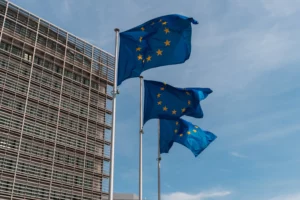
The European Union faces major challenges, including peace and defense, socio-spatial disparities, relations with the US, and EU’s efforts to address these challenges.

Delving into history, culture, and geopolitics, this article unravels the intricate relationship between Russia and Europe, addressing the perennial question, “Is Russia a Country in Europe?

The European Union must balance its interests with those of China as the rising power’s influence grows. Explore challenges and opportunities presented by China’s rise for Europe.
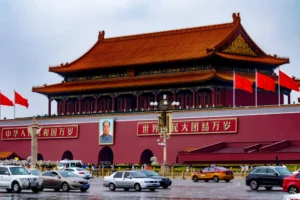
Navigating the crossroads of China-Europe relations: Discover the balance of cooperation, competition, and the path ahead in 2024.
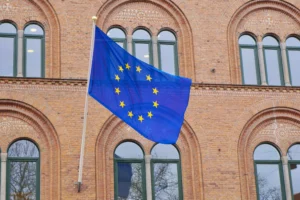
Explore the role of European diplomacy in shaping global governance and the challenges and opportunities it presents for Europe.
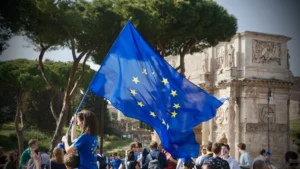
Unveil the impact of European Standards and Values in 2024, driving progress and unity across the continent through shared principles of democracy and equality.
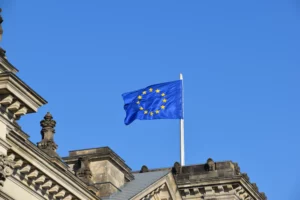
Explore the unique features and challenges of the European social and economic model, including its commitment to social protection, economic integration, and sustainable development.
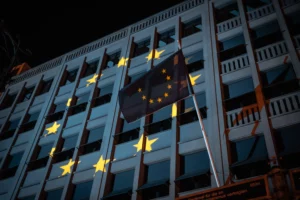
Explore the pivotal role of European Economic and Civil Power in shaping global affairs and policies in 2024, unveiling its impact on trade, human rights, and sustainability.